Walkscapes: Urban Regeneration through Education
“Walkscapes: Urban Regeneration through Education” is an Erasmus+ KA210 – Small Scale Partnerships project, aiming to train youth in Italy and Lithuania on the principles of Urban Regeneration. Through Walkscaping, participants gained insights into urban transformation across various European contexts and acquired the skills to design and implement grassroots initiatives for urban renewal.
Specific objectives



To consolidate a practice of non-formal education on Urban Regeneration (i.e., Walkscaping)
To promote transnational cooperation on Urban Regeneration between Parma and Kaunas
To spread small scale practices of
Urban Renewal
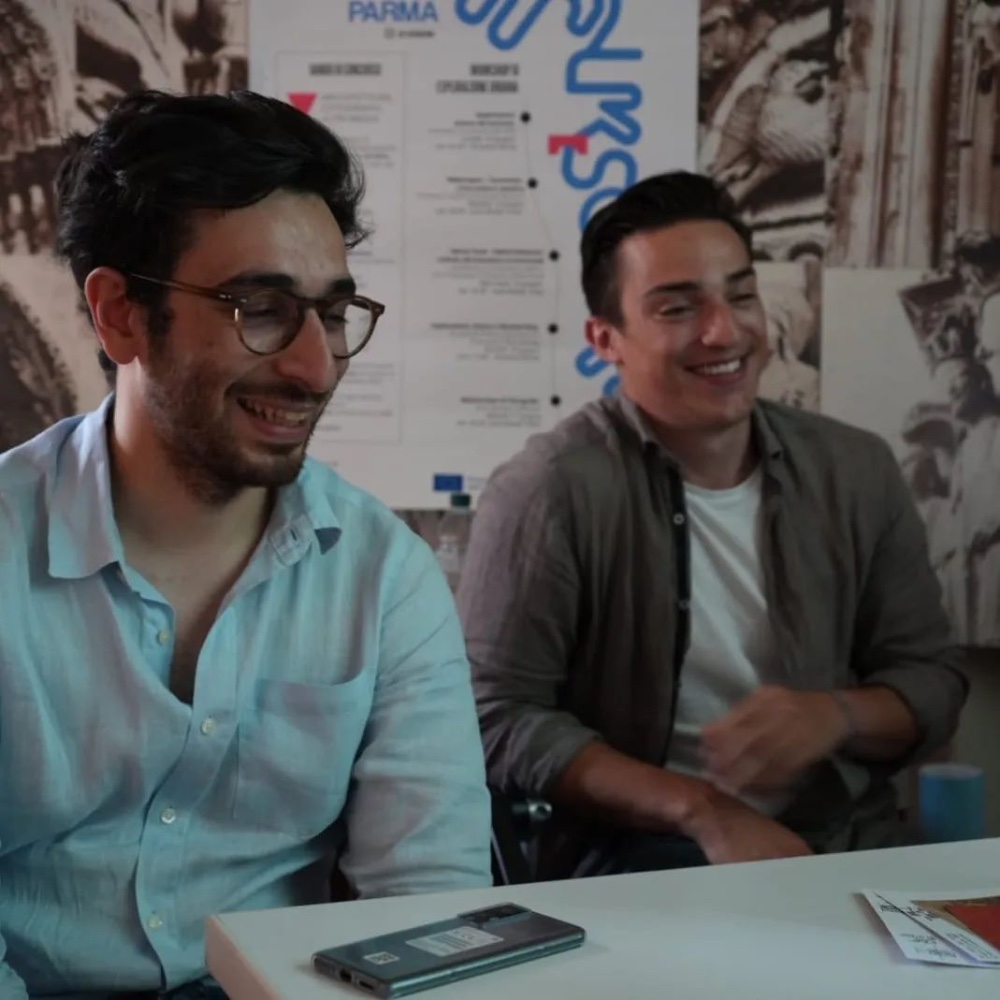
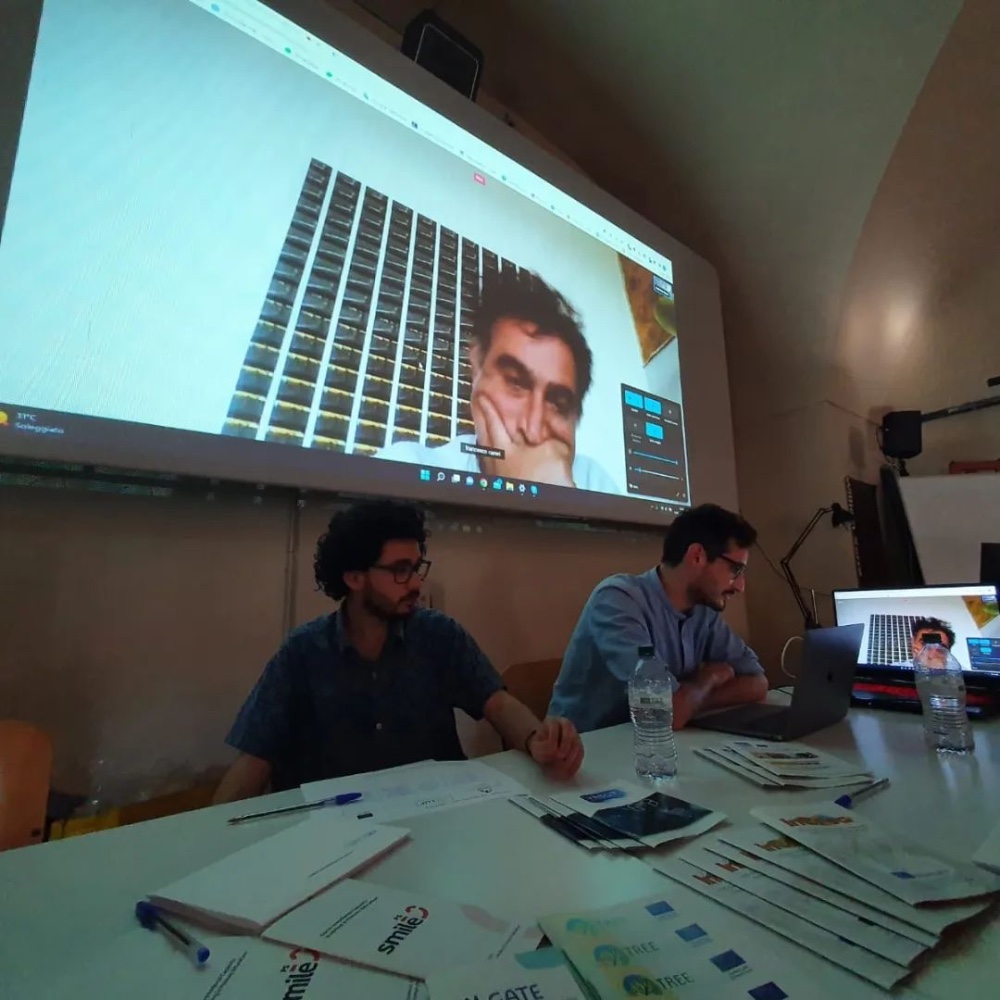
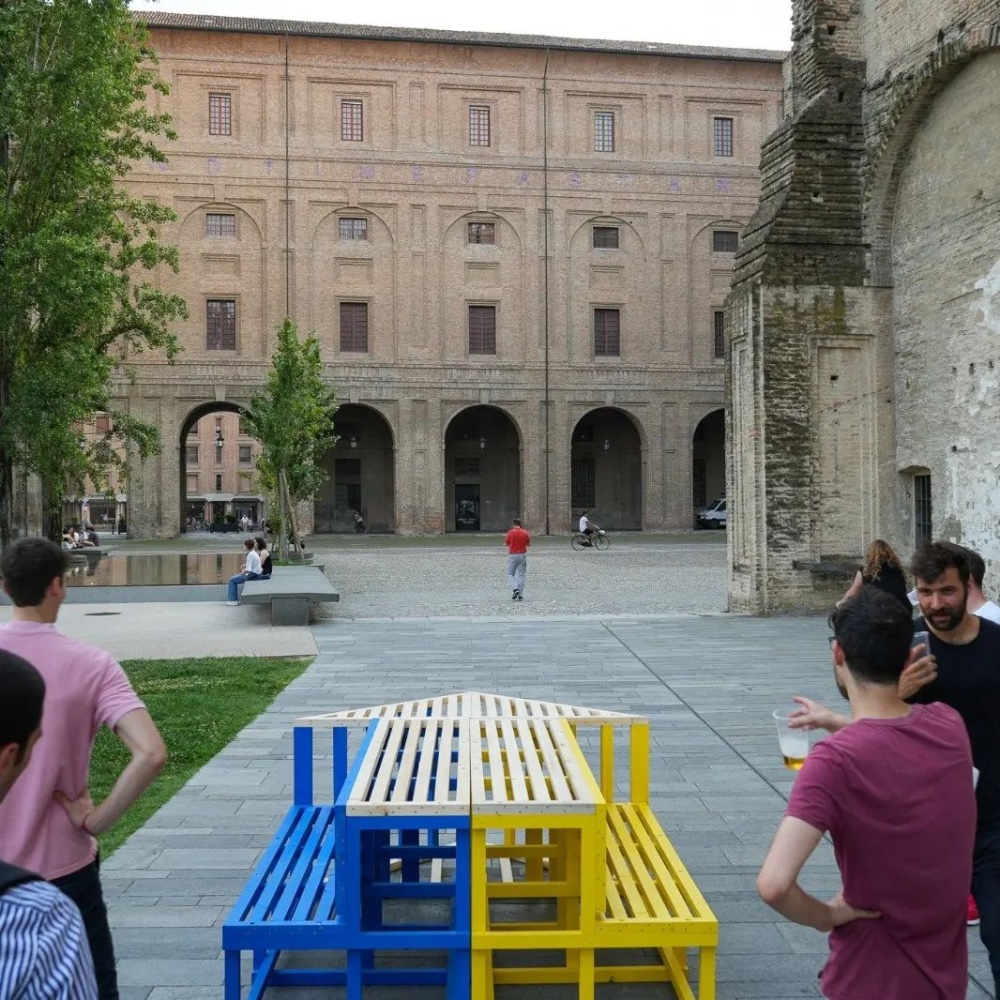
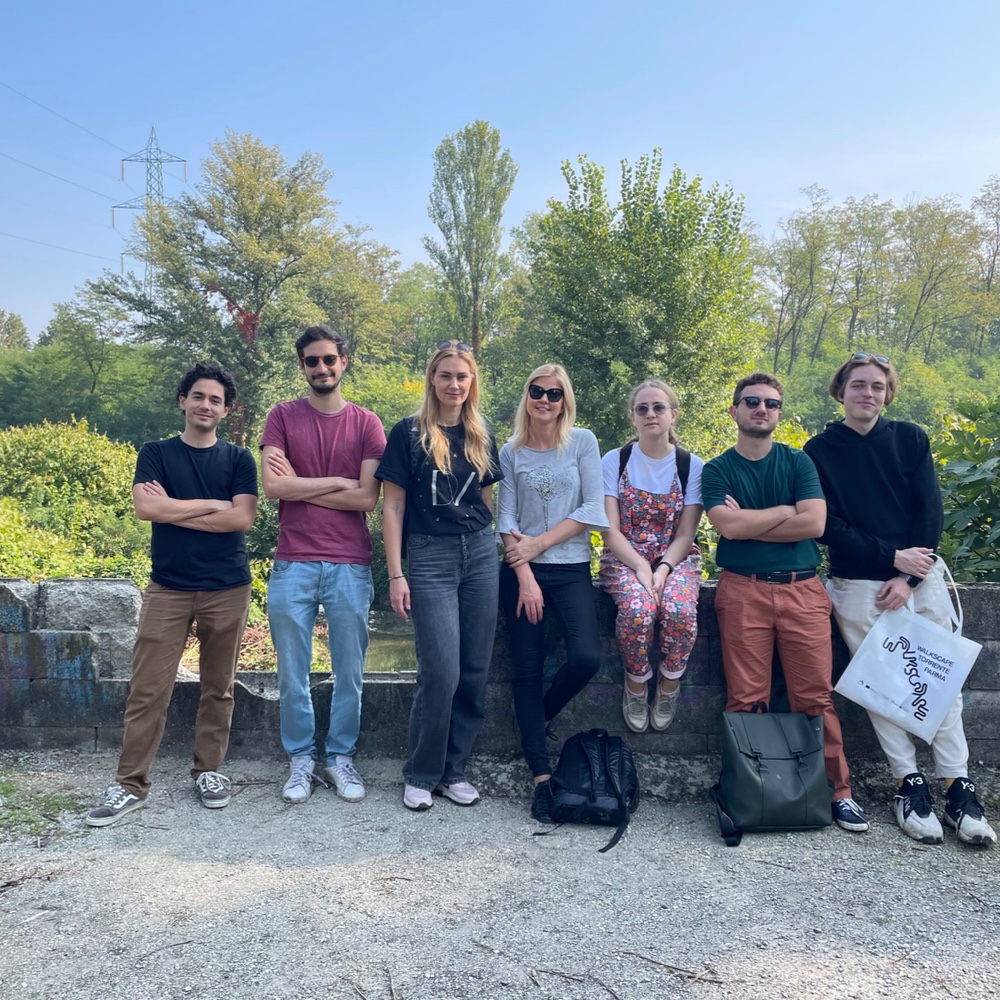
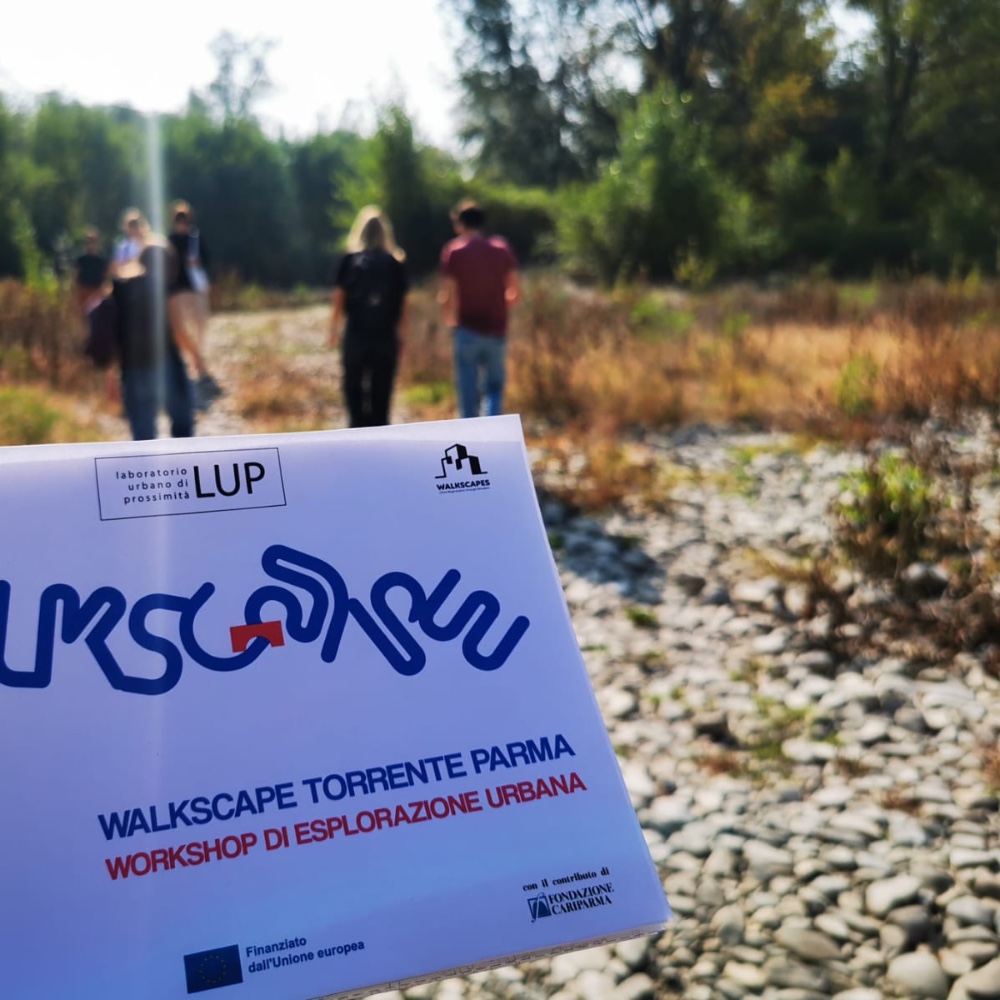

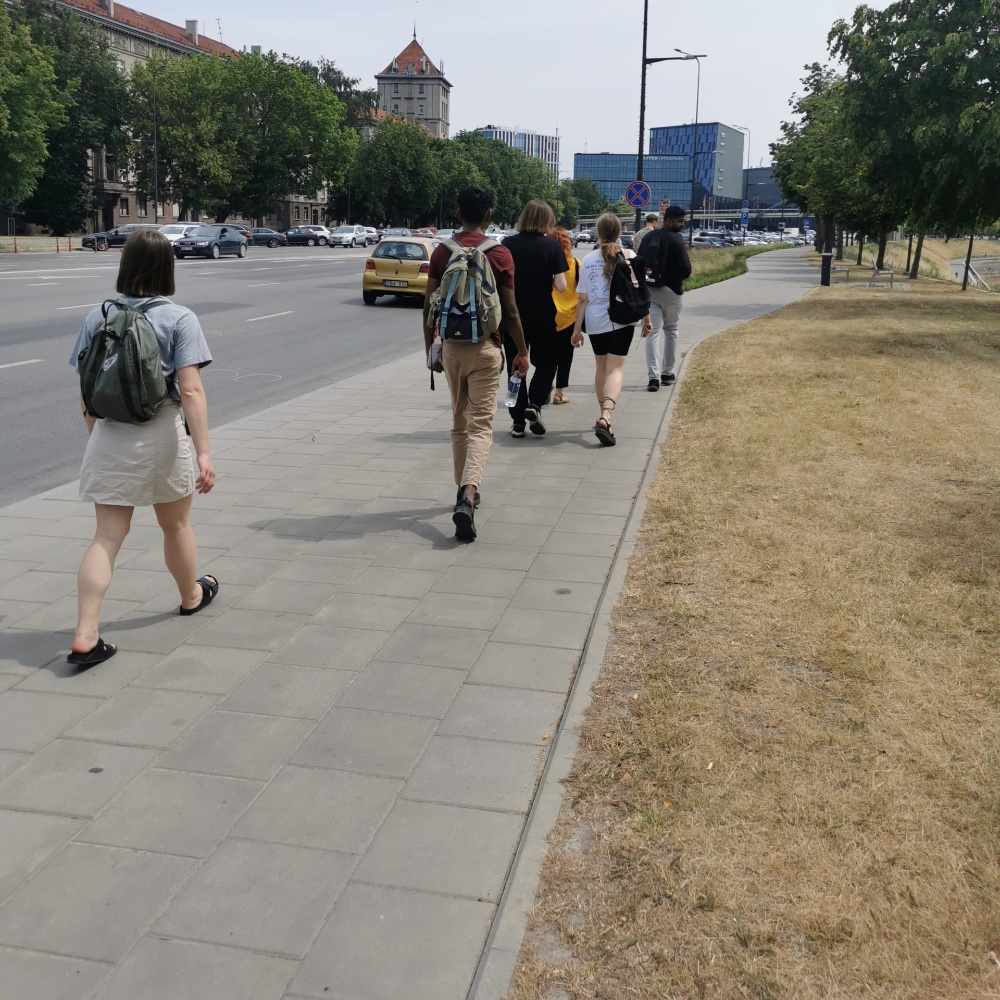
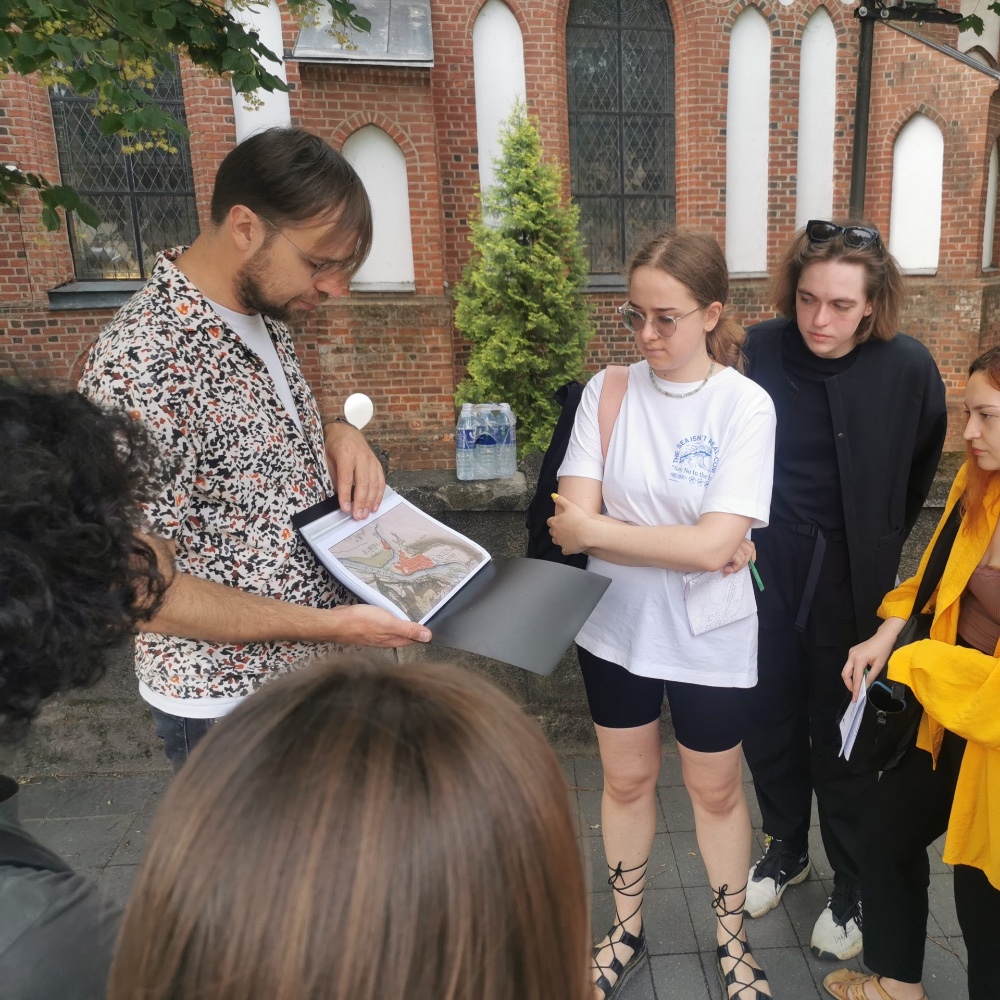
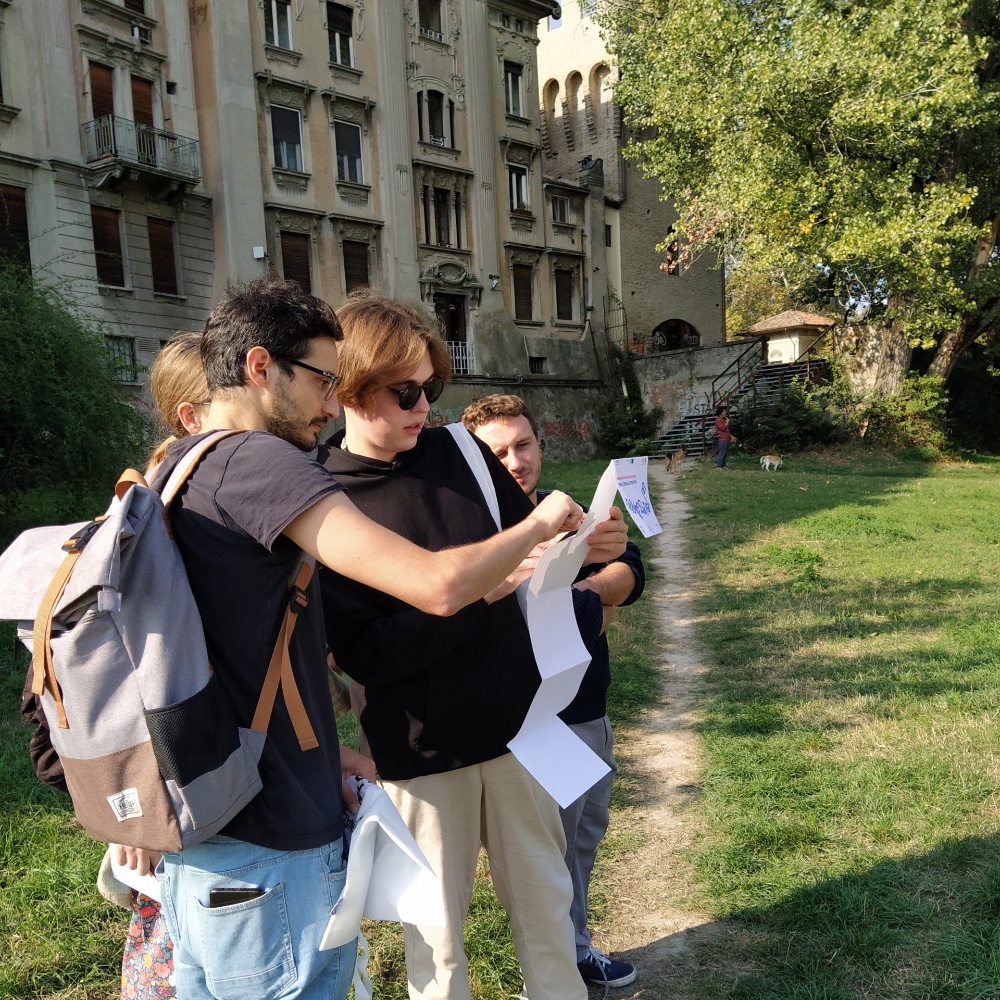

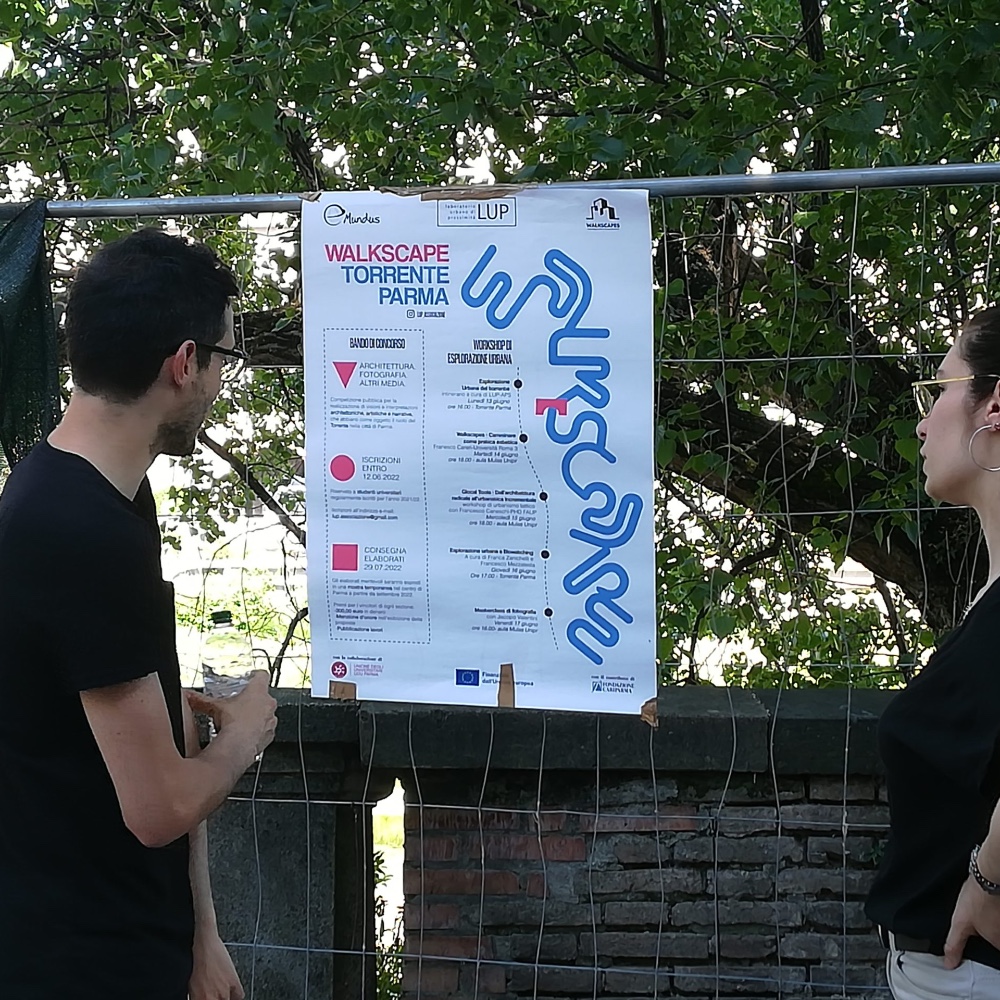
Over two-thirds of the EU population lives in urban areas, accounting for almost 80% of total energy consumption and 85% of GDP. While representing the engines of the European social and economic life, acting as catalysts for creativity and innovation, cities are where the most severe social problems, such as unemployment, segregation, homelessness and environmental degradation, more easily persist.
Rapid urban development and a growing population has led to an increase in demand for practices of sustainable urban development. In this regard, the Sustainable Development Goal 11 - Sustainable Cities and Communities requires cities to be liveable, safe and participative. This goal serves as a milestone in advancing practices of sustainable urbanism, as it shifts the attention towards a stronger social integration for sustainable urban planning and management. Similarly, the European Commission defines the EU approach to a sustainable and integrated urban development as characterised by “a multi-level governance and multi-stakeholder approach, which coordinates different actors according to their respective roles, skills and scales of interventions, ensuring that citizens are actively engaged”. The project “Walkscapes: Urban Regeneration through Education” fits in this context by adopting the practice of the “Walkscape” as a tool to increase young citizens’ awareness about sustainable urbanism and promote their engagement in active citizenship. Illustrated by Careri, a Walkscape is a group walk designed to explore neglected spaces in urban and peri-urban areas to understand their transformations. It represents an invitation to observe, listen, draw, write, photograph, collect and learn to deconstruct and reinvent the identity and function of those places whose role in our cities is ambivalent and prone to decay.
Project period: 27.02.2022 – 30.08.2023 (18 months)
Erasmus+ program: KA210 – Small Scale Partnerships in Youth
Target groups: Youth (18 – 30 years old)
Stakeholders: Environmental associations, municipalities, cultural associations, NGOs, Universities
The project aimed to train youth in Italy and Lithuania on the principles of Urban Regeneration. This was accomplished through the codification and adoption of Walkscaping as an educational tool, assisting young individuals, citizens, associations, and other interested parties in reimagining their cities based on their needs, with a focus on environmental consciousness and sustainability. In pursuit of this overarching goal, the project also successfully attained the following specific objectives:
- To consolidate a practice of non-formal education on Urban Regeneration (i.e., Walkscaping)
- To promote transnational cooperation on Urban Regeneration between Parma and Kaunas
- To spread small scale practices of Urban Renewal
1. “Walkscapes Handbook”
The "Walkscapes Handbook" consists of a digital manual that codifies the methods, objectives, and educational outcomes of Walkscaping. This handbook serves both for the realization of the Walkscapes planned during the project's lifecycle and as a training manual for any organization and stakeholder interested in implementing Walkscaping as an educational activity.
2. Four Walkscapes
During the project period, both partners carried out 2 Walkscapes in their respective cities, namely Parma and Kaunas. The Walkscapes conducted aimed to test the methodology devised on the project's target groups, primarily consisting of 15-20 young participants (18 – 30 years old). Throughout these activities, participants had the opportunity to engage in stimulating activities that helped them reflect and imagine new ways to live in their own cities.
3. Training of Trainers (TOTs)
This activity aimed to equip participants from the previous Walkscapes with the necessary skills to manage their own Walkscape. The TOTs took place in the form of a Walkscape organized and executed by the target groups, with continuous support from the project partners. The TOT in Kaunas (LT) occurred during a joint staff training event involving members from both LUP and eMundus. In Parma, it was implemented independently by the sole project coordinator.
4. Dossier
The final result is a "Dossier" that illustrates the results achieved during the entire project's implementation phase, particularly focusing on the feedback received from all participants in the Walkscapes conducted. Based on these results, along with feedback and suggestions from stakeholders and project participants, partners have also included in this document a list of policy recommendations for municipalities or any other relevant public authority dealing with topics and issues related to education, sustainable urbanism, ecology, or social issues. The goal of this result is twofold: on one side, it aims to illustrate the outcomes and impact of the project, and on the other hand, it provides, through a multi-stakeholder bottom-up approach, relevant suggestions to policymakers.
Read More
